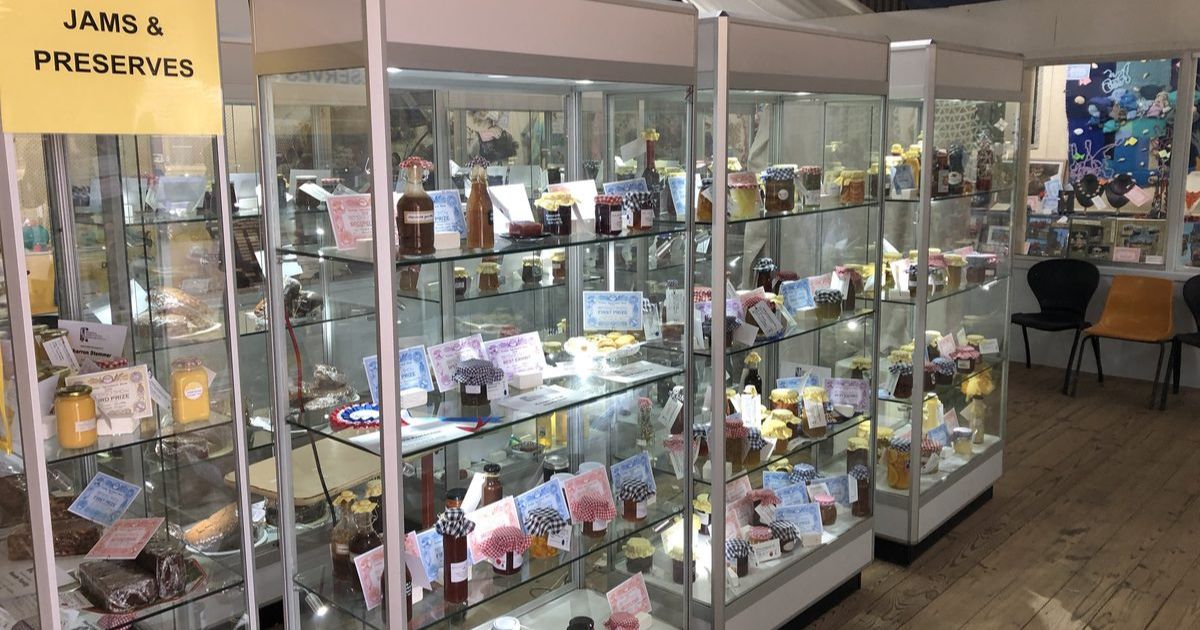Pitch perfect: Heathcote’s 19th century music scene

Top brass: Members of the Heathcote Brass Band in the late 1890s. Photo: HEATHCOTE MCIVOR HISTORICAL SOCIETY
LIVE musical performances were an integral part of 19th century life at Heathcote.
Commercial radio did not exist until the 1920s and although gramophones were available from the early 1900s, they were out of financial reach for many people.
The pages of the McIvor Times regularly carried advertisements for individual musical tuition, particularly piano and violin.
Various bands, choirs and other groups came and went, depending on levels of enthusiasm and continuity of leadership.
The Heathcote Amateur Band formed in late 1865 and its debut was at a post-cricket match ball in March 1867.
It gave regular concerts on Sundays in Camp Reserve during 1868 and 1869, but in June 1869 it refused to take part in the fortnightly Readings and People’s Concert in the Town Hall.
The McIvor Times gave a pithy critique, noting the band “have ticketed themselves up at a pretty high figure.”
However, the band maintained the public had not previously appreciated them sufficiently for them to perform at this event.
The McIvor Times then described them as a “tin kettle band” and claimed the players were “as hollow as their trumpets, and most of them have quite as much conceit as music.”
Local solicitor William Anderson organised a choir in the mid-1860s and an oratorio concert was given in the new Anglican church in 1869.

A philharmonic society was officially formed in 1875, and it met weekly.
By 1891, Commercial Bank manager Roderick Gates was secretary of the Heathcote Choral Society and he would quickly become instrumental in the formation of the Heathcote Orchestra, alongside a number of other public roles.
Gates and his family arrived in Heathcote in 1890 and remained there until 1901, when he was transferred to Murtoa.
A brief item on 30 January 1896 in the McIvor Times suggested he was well liked.
“It gives us pleasure to state that Mr RJ Gates, the promoter and leader of the Heathcote Orchestra, was this week the recipient of a nice present as a birthday gift from the members of that body, viz., a very neat nickel-plated folding music stand,” it reported.

The brass band had regrouped in the mid-1890s, and it played a noisy role in the riotous public celebrations after the relief of Mafeking in 1900, during the Boer War.
Various indoor venues hosted dances and concerts over the decades, including the Federal and Shire halls, as well as halls in smaller settlements such as Costerfield and Tooborac.
The need for an outdoor band rotunda was first raised in early 1876.
A McIvor Times editorial noted that brass band players were attaching music to splinters in wooden fences, “a circumstance highly suggestive of the ludicrous.”
“We would suggest, for the consideration of the Borough Council, the advisability of erecting something in the shape of a rotunda, in the Recreation Reserve opposite the Town hall, wherein our local players could discourse their dulcet strains for the general entertainment,” the editor wrote.
The council dragged its heels for almost a decade, but by May 1885 the public works department had identified a suitable location.
After quibbling over costs, an ornate design by St Kilda architect Thomas Kimpton was chosen and the work was put out to tender.
The successful bid in September 1886 was £37, construction was rapid and the new wooden rotunda was first used on New Year’s Eve.
But its popularity waned and by February 1916 the McIvor Times lamented its decline and suggested that locals were pinching the wood for their own use.
“Slowly disappearing! A bit at a time,” it reported.
“That is what is happening to the band rotunda in Barrack Reserve.”

















